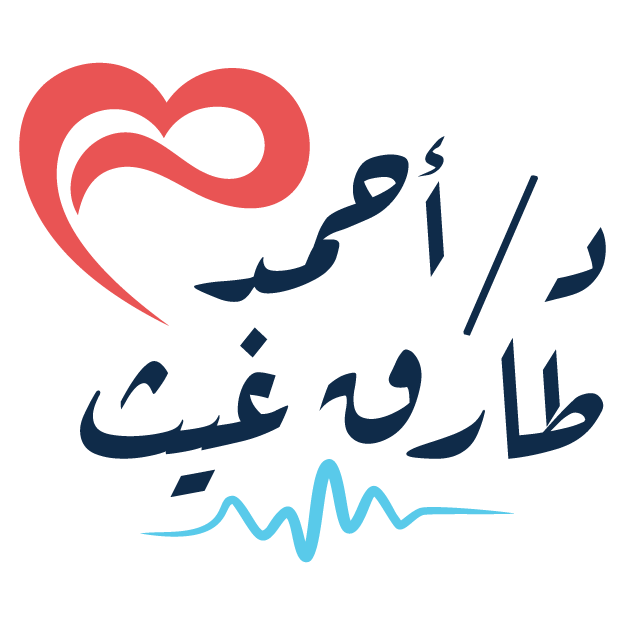Hypertensive Heart Disease is a long-term condition that arises from chronic high blood pressure (above 120/80 mmHg). Without proper blood pressure control, serious heart complications can occur, including heart failure and arrhythmias.
Causes of Hypertensive Heart Disease
The primary cause is prolonged uncontrolled high blood pressure. Additionally, the following factors increase the risk of this disease:
- High blood cholesterol
- Diabetes
- Lack of physical activity
- Obesity
- Smoking
- Consuming high-salt foods
- Age over 45
Types of Hypertensive Heart Disease
High blood pressure makes it difficult for the heart to pump blood through the blood vessels. When plaque buildup occurs in the blood vessels, or when a part of the heart muscle thickens due to high blood pressure, these problems may develop:
- Coronary artery disease
- Left ventricular hypertrophy
Hypertensive Heart Disease Symptoms
Since high blood pressure often has no obvious symptoms, many people remain unaware of it until heart damage presents with symptoms such as:
- Chest pain
- Shortness of breath
- Heart palpitations
- Dizziness
- Fainting
- Stroke
- Sudden cardiac arrest
Complications of Hypertensive Heart Disease
This condition can lead to numerous complications, including:
- Heart failure
- Arrhythmias
- Stroke
- Ischemic heart disease
- Congestive heart failure
- Atrial fibrillation
- Peripheral artery disease
- Atherosclerosis
- Chronic kidney disease
- Coronary artery disease
- Retinal disease
Diagnosis of Hypertensive Heart Disease
Diagnosis is made after a physical examination and a review of the patient’s medical history. Here are some tests that help confirm the diagnosis:
- Blood and urine tests
- Electrocardiogram (ECG)
- Echocardiogram, in some cases
Hypertensive Heart Disease Treatment
A treatment plan is developed with the patient to control high blood pressure, reducing the strain on the heart. Treatment options include:
Healthy Habits
The first step in treatment is to adopt healthy habits such as:
- Reducing salt intake
- Exercising
- Losing weight
- Quitting smoking
- Taking medications to manage other conditions, like diabetes or high cholesterol
Medications
The doctor may prescribe medications to control high blood pressure and maintain heart health, such as:
- Diuretics to remove excess fluid from the body
- Calcium channel blockers to widen blood vessels
- ACE inhibitors to relax blood vessels
- Beta blockers to lower heart rate and reduce the heart’s workload
- Aspirin to prevent blood clotting
- Statins to lower blood cholesterol
Procedures and Surgeries
In more severe cases, surgical intervention may be necessary to improve blood flow to the heart, such as coronary artery bypass surgery. Additionally, devices like pacemakers or implantable cardioverter-defibrillators may be implanted.
In conclusion, hypertensive heart disease is a serious condition that often goes unnoticed until heart damage has already occurred. We recommend regular blood pressure monitoring, especially if you have multiple risk factors for high blood pressure.
https://my.clevelandclinic.org/health/diseases/21840-hypertensive-heart-disease
https://www.healthline.com/health/hypertensive-heart-disease

